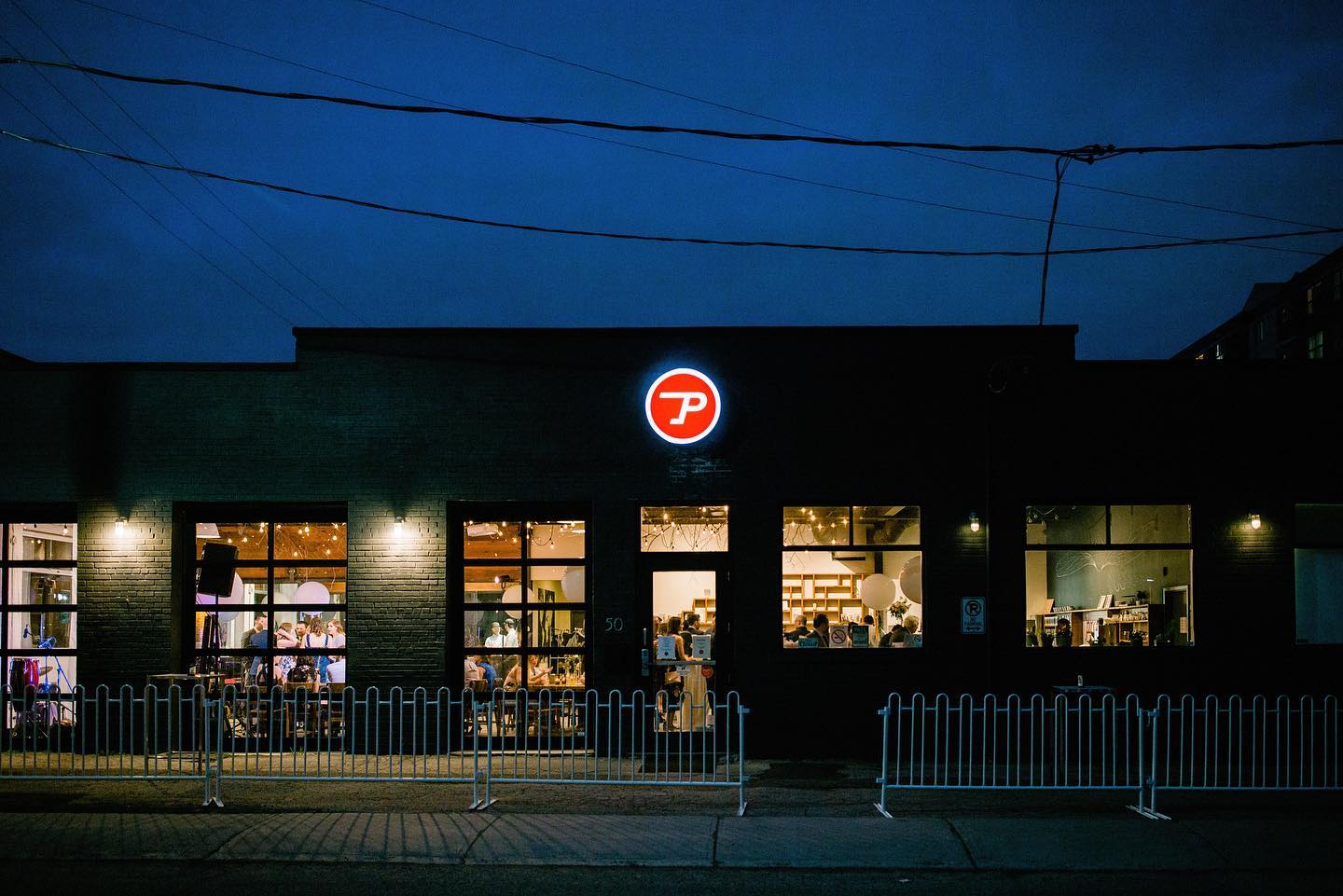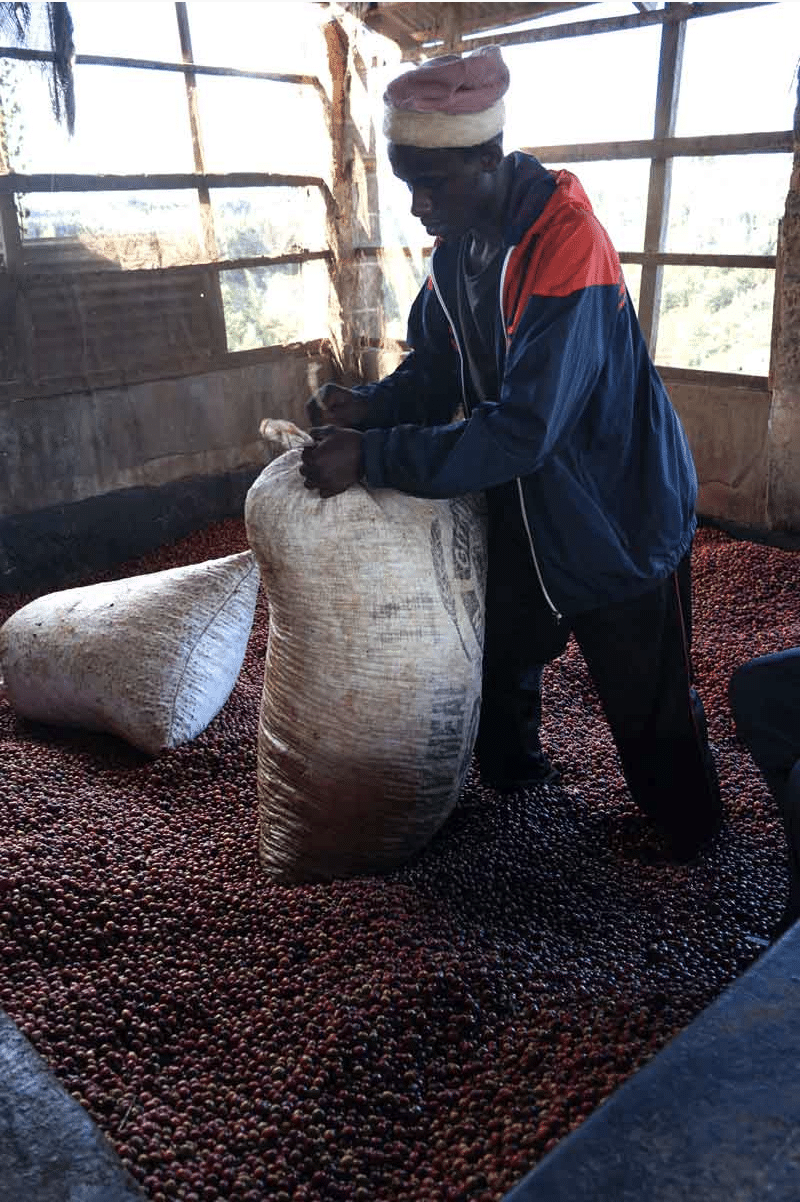July Brew Guide – Recipes From Our Roasters + Brewing Tips
Enjoy the delicious coffees from our July 2025 edition with this handy brew guide. Explore recipes from our roasters and handy tips.
Canada’s biggest city is a vibrant metropolis with a lively arts scene, great quality of life and a burgeoning coffee scene that has started to gain a reputation beyond the city’s limits. One of three amazing Canadian roasters who are coming together for our extra special October ’19 coffee box is from Toronto and is a rather extraordinary business that, in many ways, has set a brilliant example for others to follow.
Propeller Coffee’s co-founder, Losel Tethong, started this new venture in 2013 with the aim to source, roast and serve outstanding coffees and to have a strong social impact with this business. Losel and his amazing team did such an great job from day one that Roast Magazine named them ‘Micro Roaster of the year 2016’ and shortly after, Propeller Coffee Co. got certified as a B Corp, a business that aims for the highest standards of verified social and environmental performance, public transparency, and legal accountability to balance profit and purpose.

They are very committed to reducing their environmental impact too. Their coffees are roasted on the most advanced Loring coffee roaster while the floor in their roastery is made from recycled insulation and they have plans to put solar panels on the building thereby making them a zero-footprint roaster. All in all, a pretty impressive list of achievements for such a young company.
Naturally, when I started considering who I would love to feature in this first part of our forthcoming Canada specials, Propeller Coffee Co was at the very top of my wishlist. Luckily, they were extremely happy to be a part of this too.
The coffee that we chose to go into our October ’19 coffee box is undoubtedly one of the most exciting and delicious Kenyan coffees that we’ve tasted in a long time.
It was sourced via Mercanta and comes from the Magomano Coffee Factory in Kiambu County. This wet-mill is considered to be a great example of strict quality control and excellent sorting. The coffee that makes up this outstanding Manomano AA was produced by numerous smallholder farmers who are actively encouraged to pick only the ripest cherries, which are then carefully checked by the so-called ‘coffee clerk’, a very important position at the wet-mill as this person decides which coffees are accepted or rejected and how much each farmer is paid.

Any coffees that are rejected will have to be taken back by the farmer to processed into ‘Mbuni’, a very low-quality natural coffee that only fetches a very small amount of money, compared to carefully picked ripe cherries. Once enough cherries have been received, the factory will proceed to de-pulp and ferment the cherries in their own fermentation tanks. Depending on the ambient temperature, this can take 24-36 hours and later they are dried on raised beds for around one week.
The result is a stunning and totally vibrant Kenyan coffee that is like an explosion of flavour in your mouth and offer you a perfect example of some of the finest-quality coffees produced in this East African nation. Expect notes of blackberry, cherry and mango in your cup.
Enjoy the delicious coffees from our July 2025 edition with this handy brew guide. Explore recipes from our roasters and handy tips.
Looking for a fun opportunity to work closely with some of the world’s best coffees? Then this new role is for YOU! Check out the details.
Get a taste of Penang’s finest roaster Tongue Mission. This is the first time this fine Malaysian newcomer is featured in The Coffeevine!
Meet the finest roaster from Buenos Aires who is making its exclusive Coffeevine debut as the first Argentinean roaster this July
Subscribe to our newsletter for new box announcements, articles and special offers. No spam. Promise!
© 2025 All rights reserved The Coffeevine.
